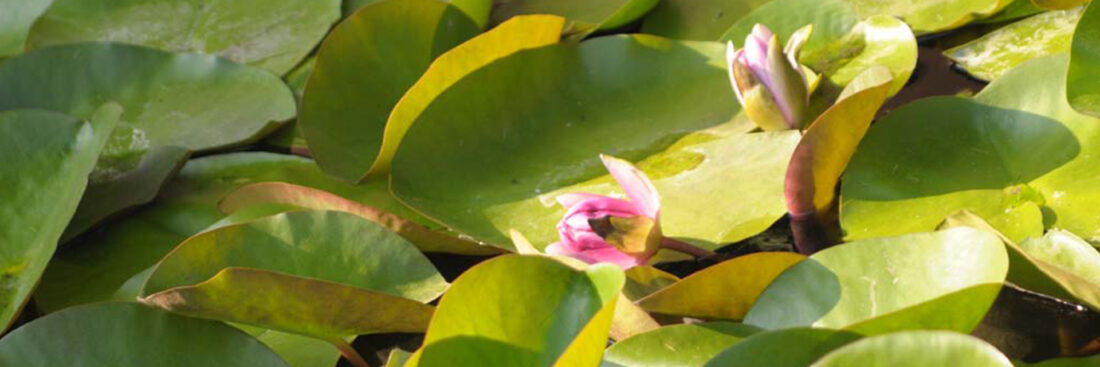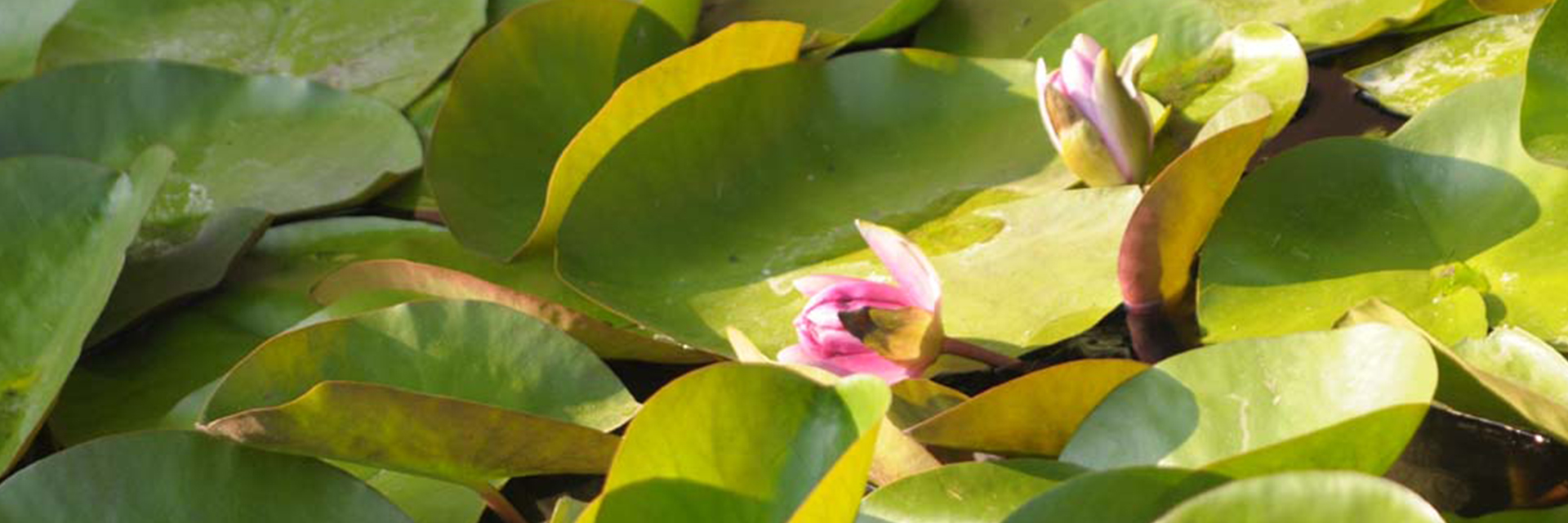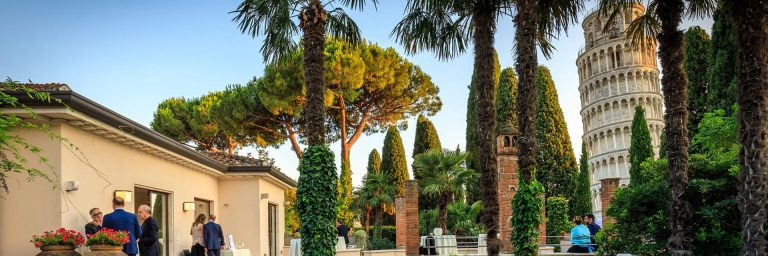2019 Summer School Experience

2019 Summer School Experience
I just wanted to tell you how much I enjoyed the summer school. The words cannot express my gratitude. I have been to quite a lot of conferences and summer schools all across Europe, and I have never had an experience like this. Everybody just clicked together, and my mind was full of new ideas at the end of it.
Ivana Bičak
University of Durham, UK
I just wanted to thank you so much for a fascinating and productive seminar this past week. I found the conversation very stimulating and I appreciate your efforts to bring a medievalist “into the fold.” I hope that the group will find other ways of collaborating in the future.
Belle S. Tuten
Juniata College, US
I strongly recommend the next Summer School to those willing to improve and enlarge their knowledge, to meet great people and learn from them… For me, this event remains the best meeting I ever attended until now.
David Soulier
Université Côte d’Azur, France
This summer school was one of the most important experiences of my academic training so far. It reminded all of us that the intellectual history of early modern science is still very much alive and relevant in academy.
Nuno Castel-Branco
Johns Hopkins University, US
The summer school never lost sight of the fact that it was also about the delegates. If the key to a successful conference is a happy delegate, my impression is that we were happy delegates!
Barbara Dunn
University of Exeter, UK

The summer school, led by many notable scholars in the field of history of medicine, such as Vivian Nutton, Fabrizio Bigotti and Hiro Hirai has provided me with a much deeper understanding of the representation of the body and its functions from antiquity to the early modern period. Moreover, the lectures and discussions at the summer school have helped me to look at my own research project with fresh perspectives. I also presented an overview of my doctoral dissertation to the participants and received valuable feedback.
Wenrui Zhao
Max Plank Institute for the History of Science,
Germany
I cannot begin to describe my experience, without saying a few words about the amazing place that is the Domus Commeliana, home of the Fondazione in Pisa. Located right next to the leaning tower, which oversees its gardens, the villa is the ideal space to assemble and discuss ideas, in the Italian sun and tradition.
The concept of a summer school, rather than a conference, is really put forward by the organizers with the idea of creating an atmosphere that encourages debates and discussions, and allows younger scholars to feel comfortable engaging with the more experienced ones. Each intervention was well framed and made accessible to all researcher interested in the history of medicine, since (and that was also one of the interests of this event) the present researchers had a very varied set of specializations. Indeed, the award-winning presentations included subjects as diverse as the conception and production of prosthetic limbs in 16th century Germany, or the redaction by authors otherwise known for their scientific production, of poetic texts with a scientific subject.
One of the highlights of the summer school was the possibility of exchanging ideas with scholars interested in such a variety of subjects. Being able to engage with these speakers, and with other young scholars was a great experience for everyone, and lively conversations took place both during lunch and breaks, but also in the evening, when we dinned in the great Pisan restaurants recommended by the organizers. The work of Tomaso Maria Pedrotti Del’Acqua, who is in charge of the Fondazione in Pisa, helped put everybody at ease, and create the warm atmosphere that presided the debates.
In terms of the content, the school (i.e. summer school 2019) reached its announced goal of “exploring how the representation of the body and
and its functions changes from antiquity to the early modern period and how technology alters the perception of what we are as human animals.”
Each day was dedicated to a specific scientific process, both inside and outside the body, and connected to the technological analogy usually used to represent this concept, i.e. the process of combination and concoction of humors was discussed along with the analogy of the kiln. This approach allowed to explore how the intercommunication of technology and medical science was beneficial for the development of both fields, and how technological advances modified the perception of the physical body.
The wide temporal scope proposed by the program was addressed by the intervention of scholars such as Vivian Nutton and Hiro Hirai on the one hand, whose comparative work gave an in-depth analysis of the transmission of antique medical knowledge to renaissance thinkers. The interventions of scholars more specifically concerned with Renaissance perspectives derived from ancient Greek concepts, such as Fabrizio Bigotti and Benjamin Goldberg on the other hand, outlined how the multiplicity of knowledge of certain personalities of the Renaissance allowed them to combine medical and technical abilities to develop new perceptions of the body. As often, the discussion slightly leaped over some important interventions of the medieval period. This position can however be justified by the focus of the centre and the participants on the early modern period.



